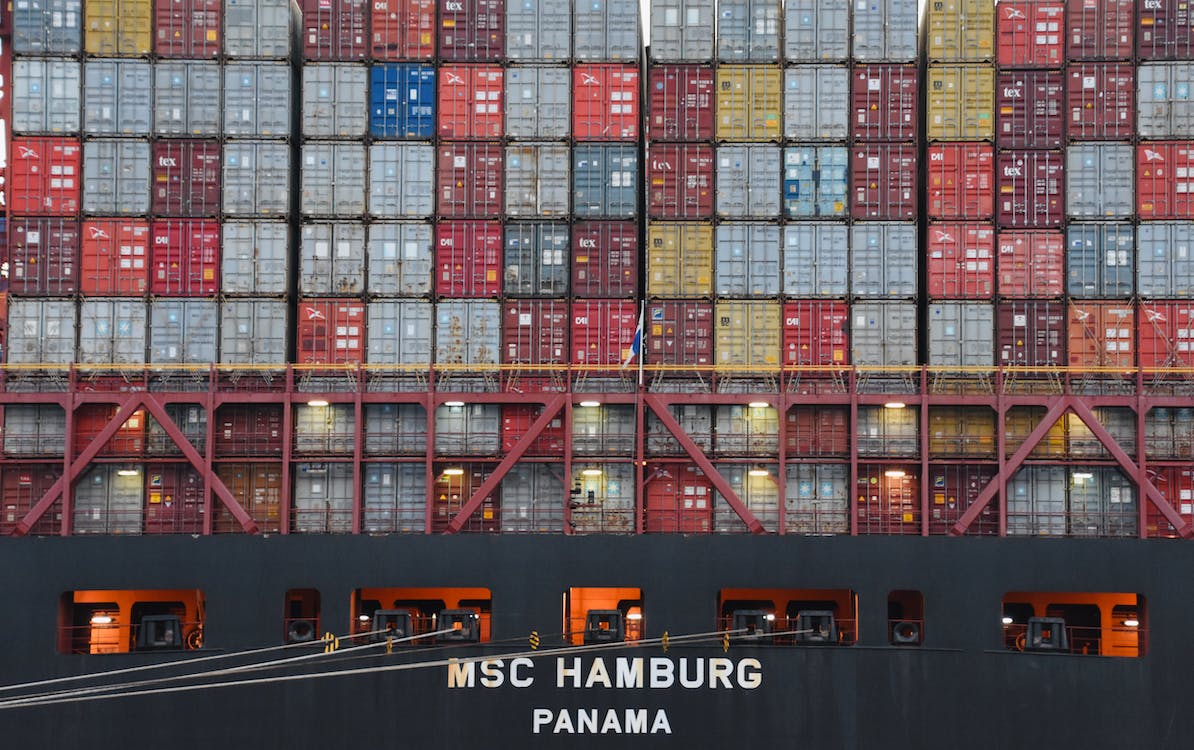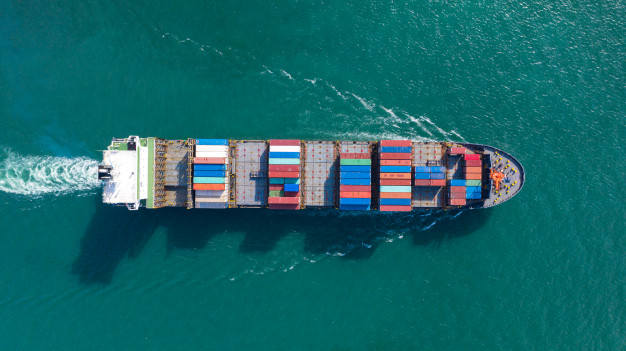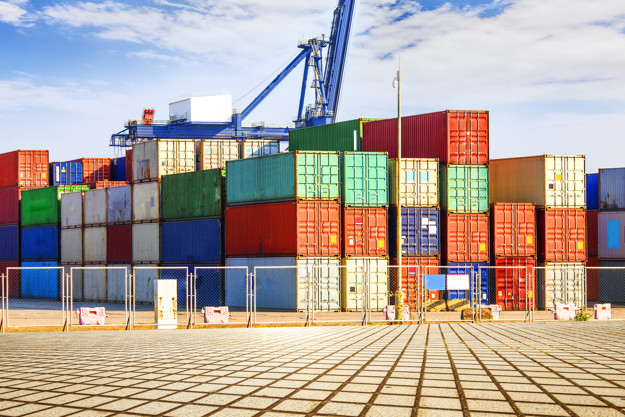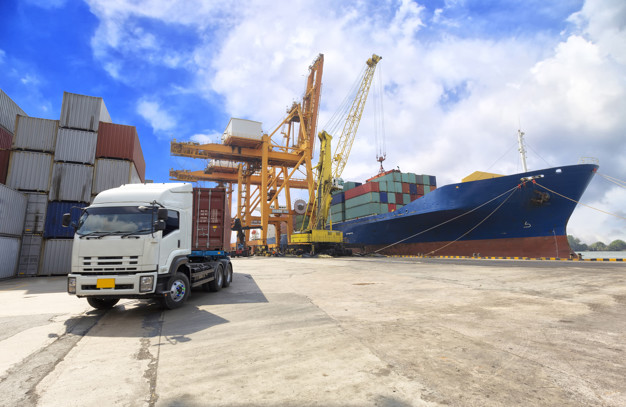How to Be a Successful Importer – Infographic
Selling products that came from abroad can be a pretty rewarding business, especially if there is a growing local market that can buy your goods. Imported products tend to be available for a cheaper price, and usually in high quality. And with the rapid spread of globalization, new and commercial items from an international supplier could emerge, which gives importers instant access and offer it their own country maximizing their profits in the long run.
If you’re one of those aspiring entrepreneurs who are planning to start an importing business, then you should be aware of some tips that can help you thrive and succeed as the competition becomes tougher as the years go by.

Have a piece of in-depth knowledge about your products
While this might sound like a no-brainer, conducting research about the products that you wanted to import is critical for your success. Know more about the existing market and have an assessment to identify if there are people who will be willing to purchase your imported products. You also have to make sure that the products are allowed to enter the country.
In case you’re from the Philippines, below are some examples of items that are either prohibited or restricted for importation as mandated by the Philippine law according to the International Trade Administration:
- Toy guns
- Used motorcycle parts, except engine
- Specific narcotics, or synthetic drugs (i.e., marijuana, opium, heroin, among others)
- Gambling paraphernalia
- Dynamite, ammunition, explosives
- Laundry and industrial detergents containing hard surfactants
You can view the full list here.
Negotiate effectively with your supplier
Dealing with suppliers from another country can sometimes become a challenging task as the diversity of culture can hinder your chances of getting a favorable deal. Study more about the culture of the exporting country so that you can implement suitable strategies once you negotiate with your supplier. Have a thorough understanding of the terms before placing an order so that you avoid mistakes that often lead to additional expenses. Check if the calculations of all the costs that you have to pay are correct.
Analyze your insurance coverage
Make sure that you analyze the insurance aspect of your import transaction. Unexpected events might happen as your products are being transported, and this could help you identify the party responsible in case of a loss or damage.
Contact the customs authorities
There’s a good chance that you will have to comply with several permits as well as submit documents and forms before you can clear your imported products during the shipping process. This could be a very time-consuming stage for those who are relatively new in this kind of industry. Since time is a valuable resource that must never be allocated alone for shipping processes, it’s highly recommended to hire a licensed customs broker to prevent unnecessary delays on your shipment.
Maintain good relationships within your network
Every person or agency that you’re doing business with will always play an essential role in your success. From your supplier, freight forwarder, customs broker, carrier company and even the customs authority, you must treat them with utmost professionalism and respect. Maintaining social harmony in your business sphere will make your daily importing operations as smooth as possible.
Excelsior Worldwide Freight Logistics conducts free orientation for those who are willing to learn. It is our advocacy to share our knowledge & experience worth more than a decade in the business. Visit our website today at www.excelsior.ph to learn more about our service.




